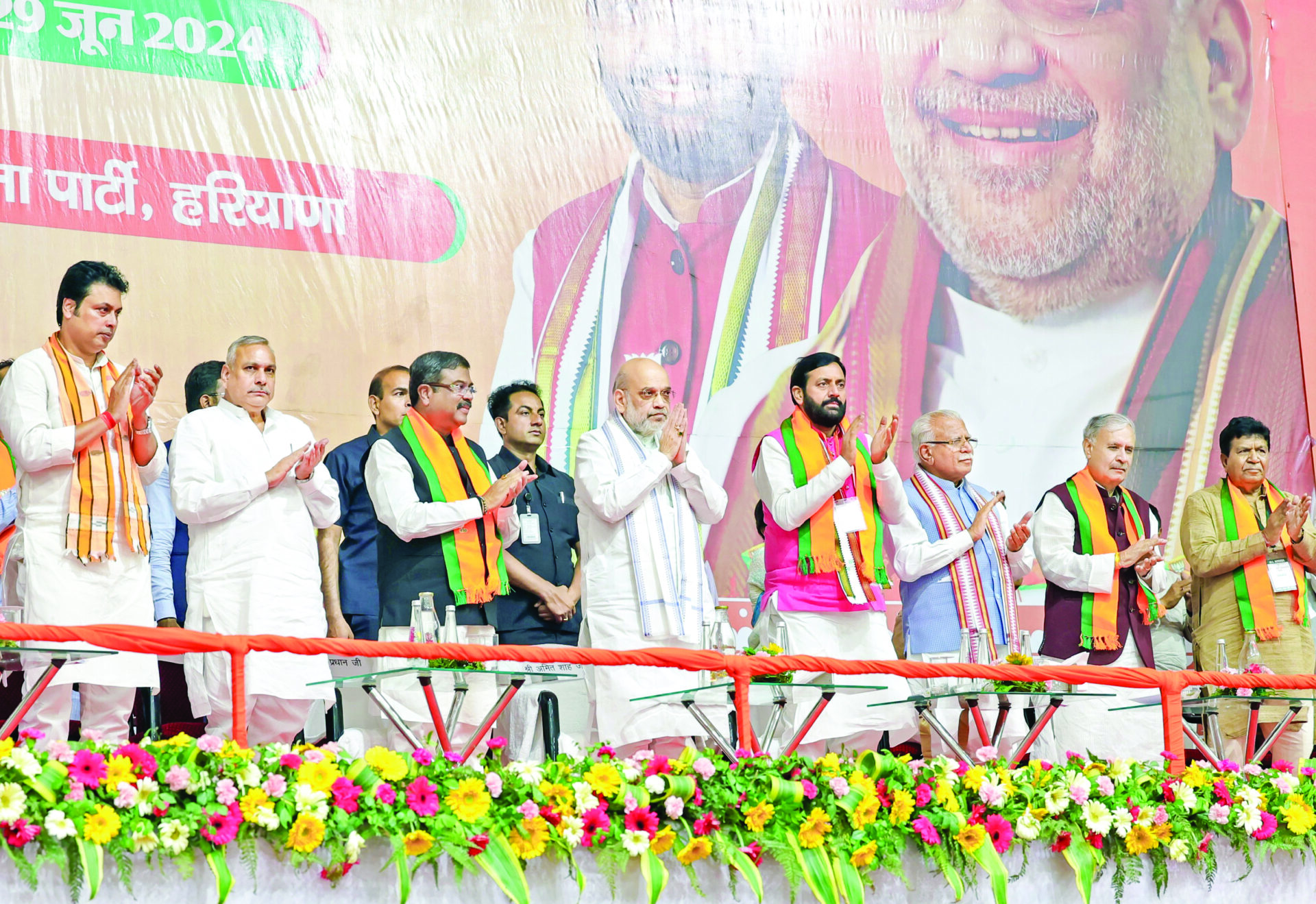Despite ongoing membership drives, block, booth, and district president elections must finish in most states by November 30.
New Delhi: The Bharatiya Janata Party (BJP) is rapidly progressing with its internal organisational elections. By the end of this month, states are required to complete elections for booth, district, and division presidents. Following this, new presidents will be elected in half of the states by December 15, at which point the process for electing the national president can begin.
Although the membership drive to register active members is ongoing in several states, elections for block, booth, and district presidents will soon take place. This process must be completed in more than half of the states by November 30, allowing the election of the national president to start once these states have finished electing their presidents by December 15.
According to the rules, the election of the president can occur as soon as more than half of the states have completed the election process. In this scenario, the name of the new president may also be announced before December 15. Sources suggest that there is no unexpected name for the new president, as one of the names previously circulating will be announced.
Meanwhile, the name of former Rajasthan Chief Minister Vasundhara Raje Scindia surfaced in discussions; however, sources indicate she has fallen behind in the race. There was also talk of Lok Sabha Speaker Om Birla as a possible candidate from Rajasthan, but those familiar with the BJP’s operations note that the high command has already assigned him a significant role as Speaker, making it unlikely he will be given additional responsibilities. The internal organisation elections faced delays initially due to the Lok Sabha and later the assembly elections.
The organisational elections had been postponed initially due to the Lok Sabha and subsequently the assembly elections. The BJP has tasked current national president JP Nadda with overseeing responsibilities until a new president is elected, following the conclusion of his term in June. Consequently, Nadda continues managing the party’s work until the new president is selected. To expedite the election process, the party announced a four-member committee on October 15, led by Dr. K. Laxman. Election programs were then sent to the states, and the process for state committees must conclude by November 30, after which the national president’s election will commence. As a result, discussions within the BJP have now turned toward identifying the new president.
The new national president will be chosen with the approval of Prime Minister Narendra Modi and Rashtriya Swayamsevak Sangh chief Mohan Bhagwat. Initially, Union Ministers Manohar Lal Khattar, Shivraj Singh Chouhan, and party general secretary Vinod Tawde were considered frontrunners. There was also talk about Defence Minister Rajnath Singh, though sources now suggest that Tawde has become a key contender alongside Union Ministers Dharmendra Pradhan and Bhupendra Yadav. The names of Pradhan and Yadav were also considered in the last organisational elections, but the role ultimately went to Nadda. All three leaders have amassed experience through their grassroots work within the party. Yadav hails from Rajasthan, Pradhan from Odisha, and Tawde from Maharashtra.
The outcome of the Maharashtra elections will play a crucial role in this. If the BJP alliance secures

